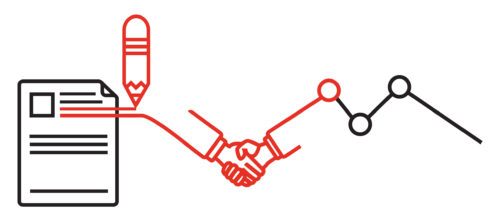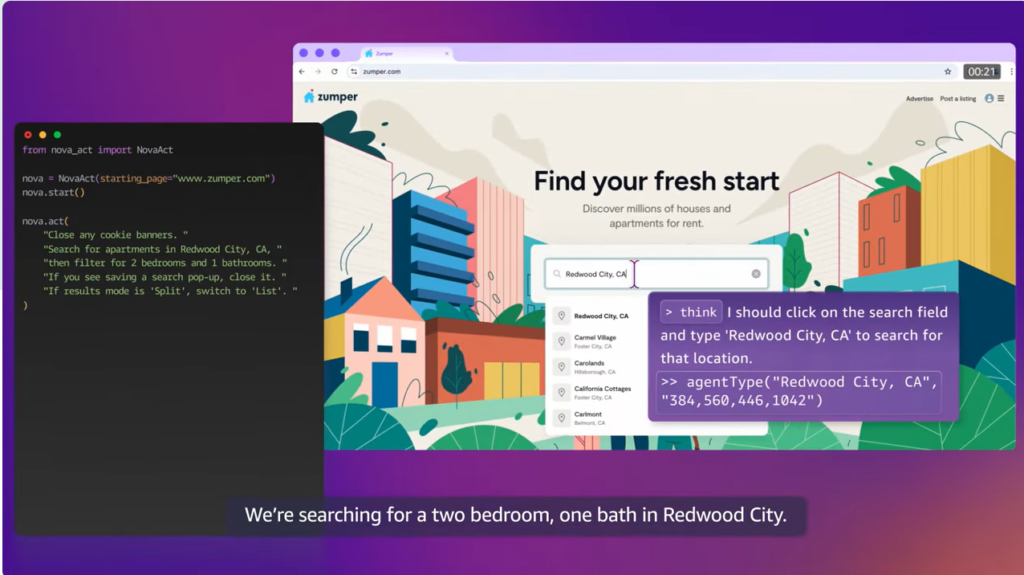When the marketing department asked me to write a blog about best practices for managing freelancers, I first thought it was too broad a topic. It could go in so many different directions.
Do I talk about tools that help with the actual day-to-day task management? Do I address what’s entailed in shifting from employees to freelancers inside an organization? Perhaps, I should tackle another finance-related post — about keeping costs down?
The task description was vague enough, which gave me the chance to really think about what’s important to me when it comes to managing freelancers, and why I choose some of the practices I do.
I was once a freelancer myself, and certainly this influences how I interact with and supervise freelancers. That said, since being in this position, I understand the challenges that come with relying on freelancers. Therefore, my best practices address both sides. Here are some of them.
Don’t Assume You Know the Inner Life of Every Freelancer, (and Try to Get to Know Them.)
When I was a freelancer (in the content business), I didn’t care so much who I was working for, as long as they paid me on time. I didn’t mind long phone calls or Skype meetings, as long as it meant I kept the gig.
However, I did mind when customers would argue with me about my specific style of writing, and I got very annoyed when I had a pressing question, but it wasn’t answered straight away.
Who I was as a freelancer certainly informed me when I had to manage my first freelancer. It supplied me with a certain amount of empathy. What I quickly realized, though, is that no two freelancers are alike. Some people are in it for the extra cash. Some are in it for the freedom. Some freelancers are introverts and others are extroverts.
While as a manager of freelancers I do recommend you come up with a written set of rules and expectations (an SLA, a rulebook, etc.), I also suggest you stay open-minded and curious when it comes to working with freelancers. Get to know each one personally if you can. Find out what makes them tick. If you hire a good freelancer and want to keep him around, it helps to know not just his skills and expertise, but also the reason he’s decided to become a contract employee. Good communications and relationship-building go a long way.
You can count on one hand the number of freelancers who work for IOD and who have met me in person. But that doesn’t mean that I have not developed strong personal relationships with some of them. Those relationships are hard to build, but let me tell you, they are quite easy to destroy. Which brings me to the next tip.
Don’t Be Shy About Talking Money (and, Always Pay on Time.)
The best way to destroy a relationship with a freelancer is to not pay her what you have agreed to paid and in the timeframe you agreed to pay it.
Some of IOD’s freelancers aren’t your typical full-time freelancers. Many of them have high-level and high-paying day jobs, and can easily stop working for us (if they decide they no longer benefit from doing so.) We retain the top experts we do because we make an effort to cultivate relationships and community, but we also respect their time and experience. They deserve to be paid for their work on time.
Build a Proper Recruitment Process (So You Don’t Leave Anything to Chance!)
One of the biggest challenges for most companies seeking to hire freelancers is with recruitment: How do you know someone is skilled, trustworthy, and reliable? Further, depending on the skill you expect your freelancer to have, you’ll need some way of gauging if they can actually do what they say they can do. When it comes to hiring freelance tech experts, We discovered early on we would need to develop a rigid recruitment process that including not only seeking potential candidates, but qualifying their work. We keep our new freelancers under a careful eye for the first four assignments we give them, and our process involves intense mentoring.
Nothing is perfect, and so we’re constantly evaluating and evolving. An additional important aspect of the recruitment process is transparency. Our recruitment manager is very clear from the beginning as to our expectations for meeting deadlines, work quality, and payment terms. We explain how many drafts and reviews we expect for each task, what kind of attention to formatting is expected, and that tech expert should expect their work to be edited closely and carefully. Show the prospective freelancer that you have a very clear structure and a set of rules you expect him to follow.
Are you a tech marketing professional seeking AWS experts to contribute expert-based content to your company blog? Contact us to see about hiring this writer (or others) to create content like this for you!
However, if you expect a freelancer to respond within a certain amount of time, set the same expectation to yourself, especially in the early stages of the relationship – this will show how serious you are about it.
Keep the Good Ones (by Giving Them Good Reason to Stay!)
The freelancers you want to attract, if you value quality over quantity, want to feel appreciated. This isn’t only ego stroking, but something much larger than that: they want to belong to part of a strong community. It’s not as easy to cultivate community with freelancers as it is with full-time employees, but there are ways. We have a Slack channel for all our IOD freelancers and staff. We wish each other congrats on new posts, toast each other on our birthdays. By getting to know each other on the Slack channel, some of our freelancers have figured out they were going to the same conferences or devops days and met up in person.
Here we return to the first tip I mentioned: get to know your freelancer as an individual. Once you do, you will have a better idea of what kind of benefits or incentives will keep them around, whether those are financial or otherwise; because keeping good freelancers around serves your interests as much as theirs.
Learn their interests: what do they enjoy writing about? Learn their professional goals: how does writing support those? Learn their life plans: What about freelancing for IOD adds to their satisfaction with their life? In my position, once I get the answers to the above — either by asking directly or just doing a good job of listening — I can try to consciously assign tasks to freelancers based on his interests or I can give him more work when he has more time and demand less of him when he is stressed at his dayjob. Sometimes it means assigning tasks in advance and guaranteeing a freelancer will have work for the next few months when his other freelance work dries up.
These tips may seem intuitive, but you’ll be amazed at how much conversation and curiosity can be powerful tools in building, maintaining, and strengthening relationships with freelancers.
Conclusion
None of the things I wrote about here are that hard to execute, but you would be surprised at how few freelance managers take the time to do them. At the foundation of each of these practices is basic human decency, and relationship building. But they are also easy to forget when people are not sitting next to you, when you talk with them once a week on a good week, and when you are overwhelmed with your everyday responsibilities. Freelancers are just as critical to your operation as your staff members are, but require a bit of a different approach in order to establish trust and mutual respect.
It was the Jewish mystic and healer HaBaal Shem Tov who said “your fellow man is your mirror.” When we apply it to best practices for managing freelancers we see that the most important rule is that if you treat your freelancers (and everyone, for that matter) as you wish to be treated, you will be treated well enough in return.
Next up in this series on working with freelancers will be a guide to best practices for searching and recruiting. Stay tuned. In the meantime, if you are in need of high-quality, expert-based content, drop us a line to learn more about how to get started with IOD.






